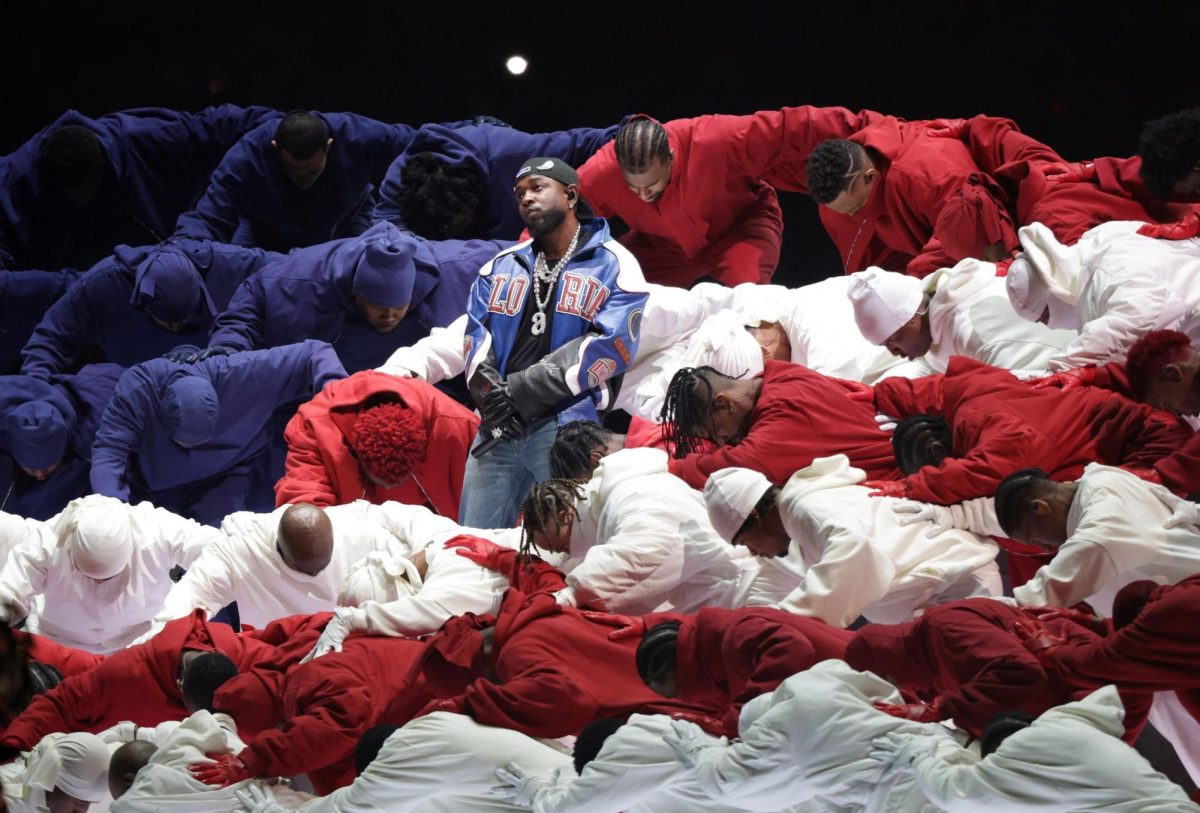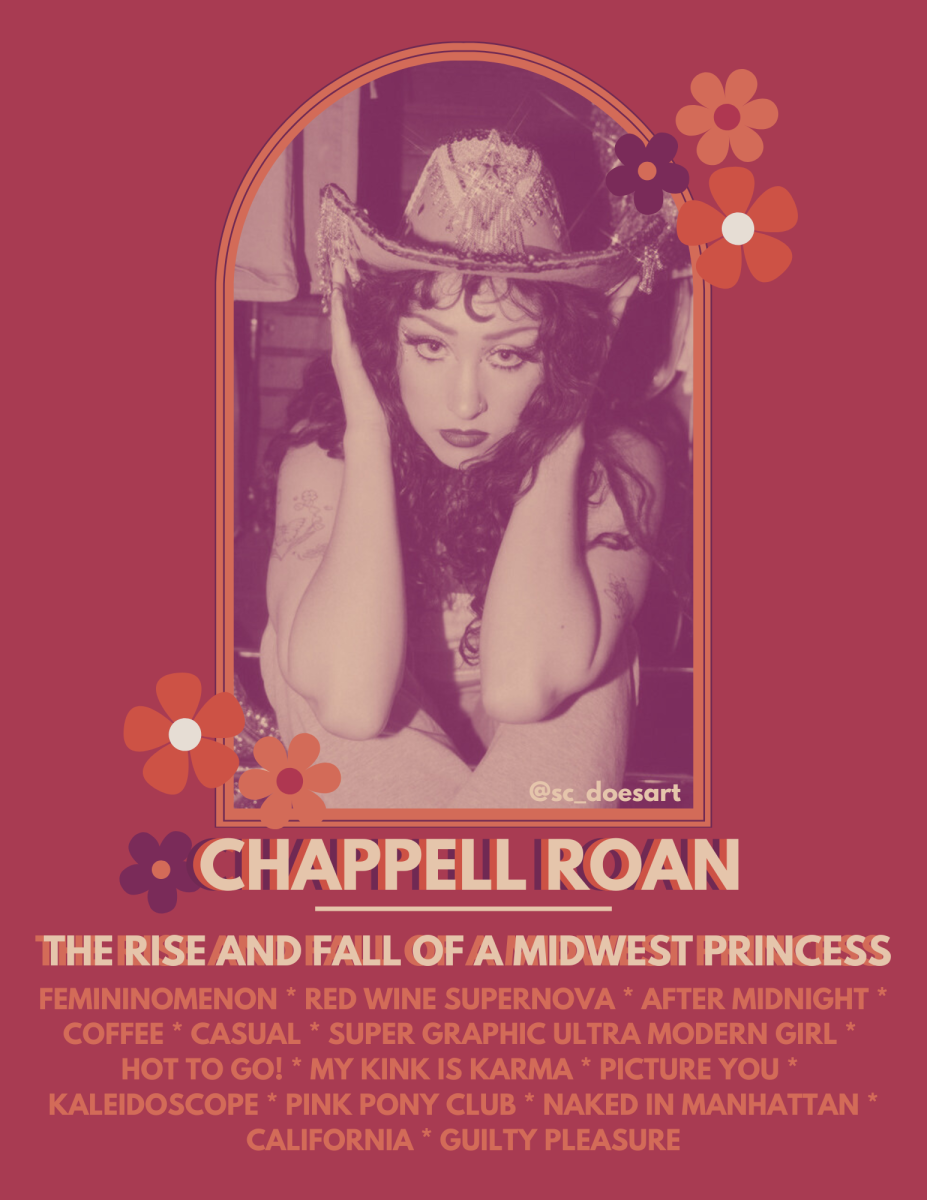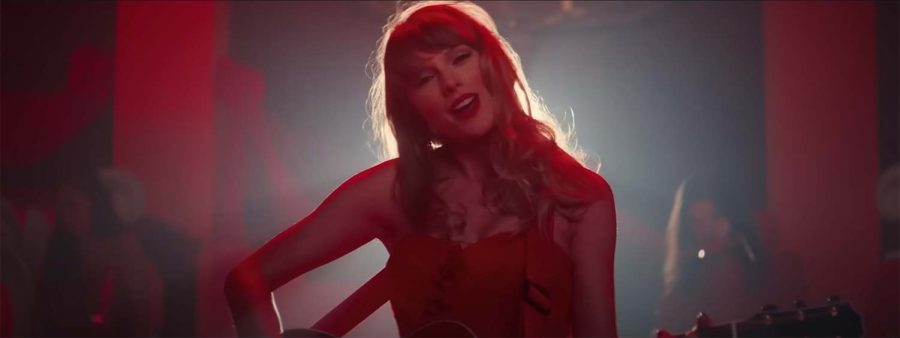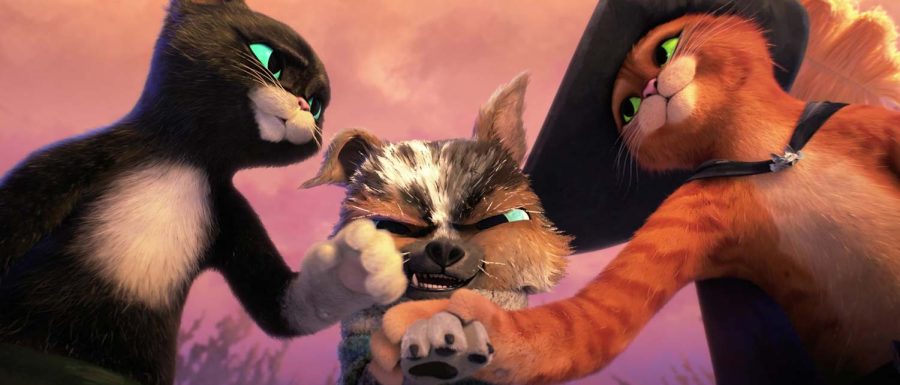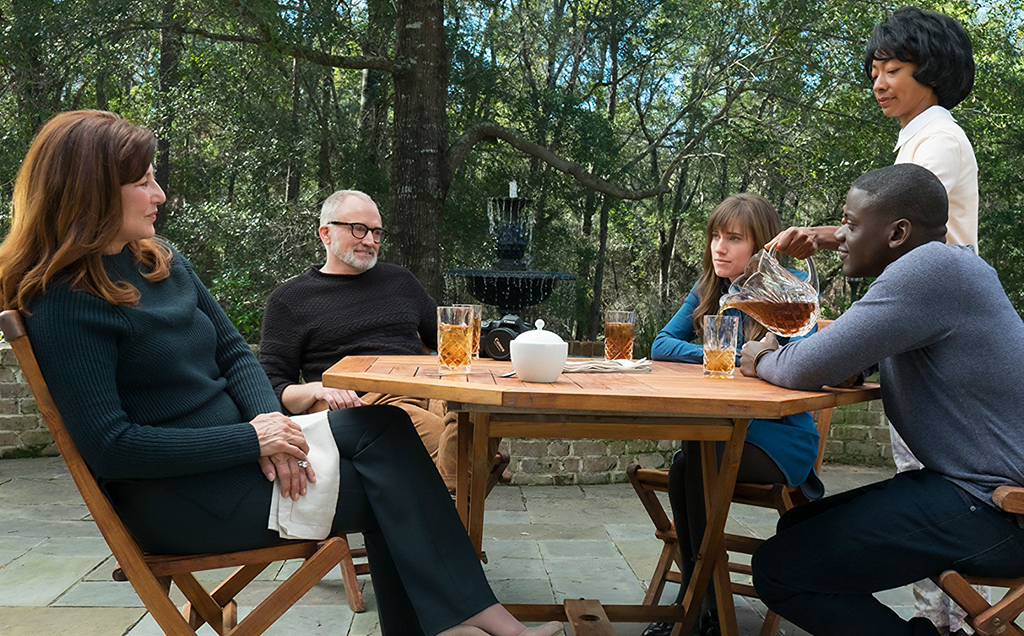

Possibly the biggest breakout hit of 2017 was Jordan Peele’s horror film “Get Out,”a timely film that succeeds in the horror genre while starting a dialogue about racism in our country. Never before has an enjoyable horror film also conquered so many racial issues head-on.
When the familiar story of a boyfriend meeting his girlfriend’s family is retold, terrifying events ensue.
“Get Out” is the story of Chris, an acclaimed photographer, traveling to meet his girlfriend’s self-proclaimed progressive parents, the Armitages. Although they seem warm and friendly, their off-putting comments and subtle racism naturally makes Chris uncomfortable. When a garden party at the Armitage’s pristine estate brings more wealthy white people, Chris begins to get a feeling that all is not as it seems. Ultimately, shocking events start happening and Chris must literally “get out.”
In its first half, “Get Out” examines how “non-racist” white people and black people interact. Small remarks may seem innocuous, yet carry deep implications and the use of slang to put others at ease or seem more relatable becomes uncomfortable for all involved. I could feel the tense awkwardness as this “progressive” family tries to show Chris just how accepting they were when it really would have been much easier to treat him like they would anyone else.
While normal life for a person of color is clearly not a horror film, some aspects of life seem that way. The scene when Chris is pulled over by the police is fraught with tension as the conversation toes the line of aggressiveness. And the fear of meeting a white girlfriend’s family is common and sadly, sometimes justified. In its first half, the horror of “Get Out” comes directly from the lives of countless normal black people.
The exceptional acting in this film is also something to note. Daniel Kaluuya and Allison Williams are fantastic and the ensemble of supporting characters are perfectly cast. The portrayal of the black housekeeper and gardener (Betty Gabriel and Marcus Henderson) are unsettling and convey clear clues that something is not right at the Armitage’s.
I won’t spoil the shocking plot twist that fills the second half of the film, but I will say that it definitely ramps up the exploration of racism, and symbolism abounds.
This movie stayed with me long after the credits rolled, and new symbols kept coming to mind.
The only thing I wish this movie had changed was the denouement, when the film explained what was really going on. It seemed rushed and didn’t clear everything up. I think there would have been great material to be used if Peele had stretched this sequence more.
In conclusion, “Get Out” could not come at a better time. It emphasizes the fact that both extreme racism and faux progressiveness are equally harmful. While the horror aspect of “Get Out” makes for a thrilling movie-going experience, it acts as a vehicle to open up an honest dialogue about race today.
Rating: 8/10
“Get Out” is being shown this Thursday, Feb. 8, in the Legacy Hall Multipurpose Room at 7 p.m. as a part of the “Reel to Real” program.







